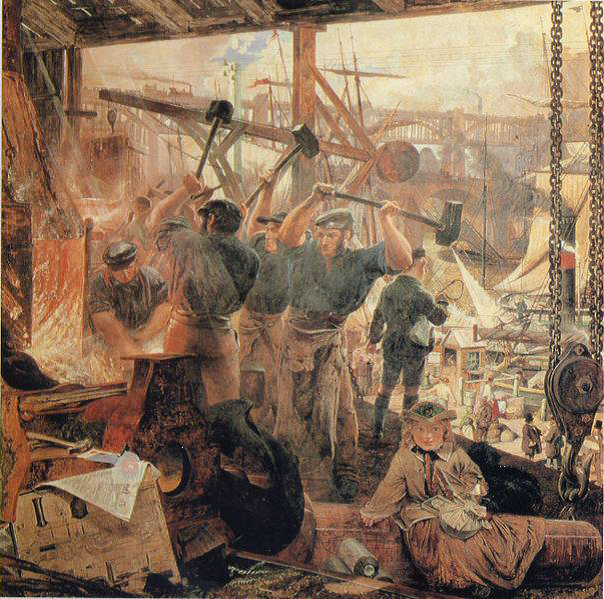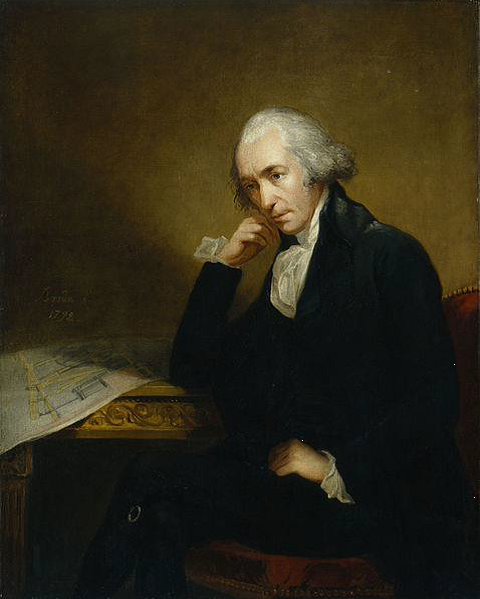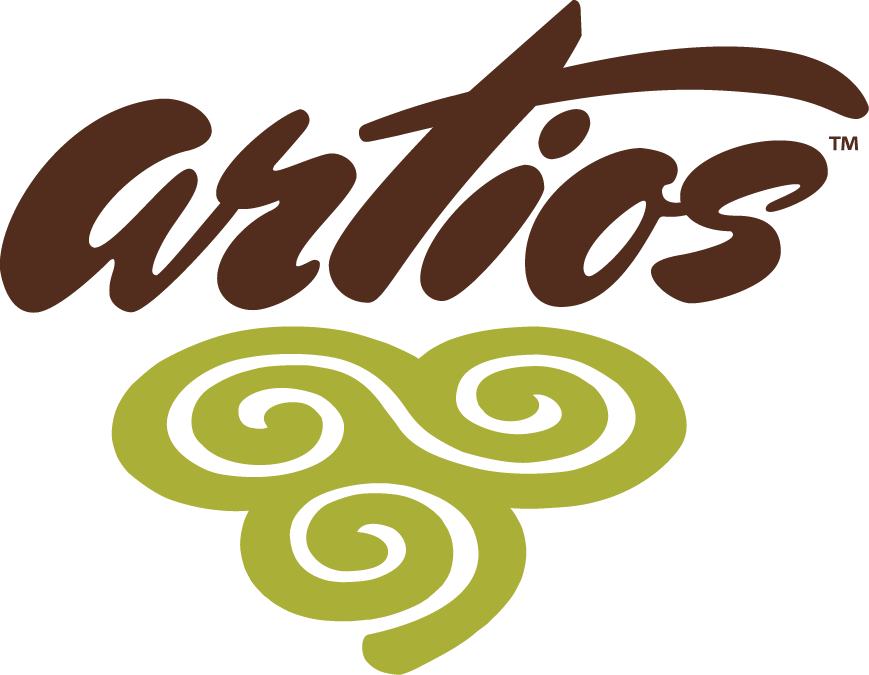[precontent]
[one_third]
Unit 26: The Industrial Revolution
[/one_third]
[two_third_last]

[/two_third_last]
[/precontent]
[three_fourth]
[box]
[box_header]
Unit 26 [flag bg_color=”#d6e3bc” text_color=”#9d241a”]Middle School[/flag]
[/box_header]
[box_content]
Unit Overview
- Subjects Covered
- Grammar, Literature, Composition, History
- Time Period
- Reformation and Revolutions
- Grade Level
- Middle School: 6 – 8
- Civilization
- English and American
- Literature
- The Adventures of Tom Sawyer – by Mark Twain
[/box_content]
[box_content]
 Unit Description
Unit Description
“The Industrial Revolution, which began in the second half of the eighteenth century, went steadily on in the nineteenth…Great Britain’s priority in the movement, joined to her commercial and naval supremacy, brought her an industrial and financial ascendancy…On the Continent of Europe the Industrial Revolution did not begin until after 1814, and came then as a result of the example of England…” – Samuel Bannister and Albert Hart Bushnell
[/box_content]
[box_content]
Leading Ideas and Biblical Principles
[list type=”arrow”]
- History is HIS Story – God’s story of love, mercy, and redemption through Christ.
- He made known to us the mystery of his will according to his good pleasure, which he purposed in Christ, to be put into effect when the times reach their fulfillment—to bring unity to all things in heaven and on earth under Christ. — Ephesians 1:9-10
- God’s providential hand governs and times all events and provides for His Creation according to His plan and purposes.
- The God who made the world and everything in it is the Lord of heaven and earth and does not live in temples built by human hands. And he is not served by human hands, as if he needed anything. Rather, he himself gives everyone life and breath and everything else. From one man he made all the nations, that they should inhabit the whole earth; and he marked out their appointed times in history and the boundaries of their lands. God did this so that they would seek him and perhaps reach out for him and find him, though he is not far from any one of us.- Acts 17: 24 – 27
- Godly leadership and servanthood are necessary for one to be a true reforming influence.
- Whoever wants to become great among you must be your servant, and whoever wants to be first must be your slave—just as the Son of Man did not come to be served, but to serve, and to give his life as a ransom for many..- Matthew 20:26 – 28
- God raises up and removes leaders.
- He changes times and seasons; he deposes kings and raises up others. He gives wisdom to the wise and knowledge to the discerning..- Daniel 2:21
[/list]
[/box_content]
[/box]
[box]
[box_header]
Unit 26 Resources: [flag bg_color=”#d6e3bc” text_color=”#9d241a”]Middle School[/flag]
[/box_header]
[box_content]
[button id=”1″ link=”https://www.artioshcs.com/wp-content/uploads/2014/03/Early-Mod-Unit-26-MS-The-Industrial-Revolution-PRINT-26-WWW.pdf” linking=”new-window” size=”medium” type=”simple” title=”unit”]Download Unit[/button]
[button id=”1″ class=”1″ link=”http://upload.wikimedia.org/wikipedia/commons/thumb/3/38/Viajes_de_colon_en.svg/800px-Viajes_de_colon_en.svg.png” linking=”new-window” size=”medium” type=”simple” title=”maps”]Download Maps[/button]
[button id=”1″ link=”http://www.phschool.com/atschool/ahon/history_interactive/mvl-1021/common_player.html” linking=”new-window” size=”medium” type=”simple” title=”maps”]Interactive Map[/button]
[tabs type=”simple” position=”top-left”]
[tab_title]Lesson 1: History[/tab_title]
[tab_content]
Lesson One Assignments:
- Review the discussion questions and vocabulary, then read the article: The Industrial Revolution, pages 6-15.
- Narrate about today’s reading using the appropriate notebook page. Be sure to answer the discussion questions and include key people, events, and dates within the narration.
- Be sure to visit www.ArtiosHCS.com for additional resources.
Lesson One Discussion Questions:
- Which were of more immediate importance, the changes in agriculture or the new inventions applied to manufacturing? Which was ultimately more important?
- What is the difference between a machine and a tool?
- Which class contributed most to advance human welfare, statesmen and generals, such as Pitt and Wellington, or inventors such as Hargreaves, Watt, and Stephenson?
- What did the working people gain by the substitution of the factor system for the domestic system? What did they lose?
- How did the locomotive and steamship help in the Industrial Revolution?
- How did the Industrial Revolution aid the growth of political democracy?
[/tab_content]
[tab_title]Lesson 2: History[/tab_title]
[tab_content]
Lesson Two Assignments:
- Choose one of the inventors mentioned in the Lesson One article to research. Write a five-paragraph biographical essay on that individual.
- Be sure to visit www.ArtiosHCS.com for additional resources.
[/tab_content]
[tab_title]Literature[/tab_title]
[tab_content]
Literature Assignments
- Read the assignment background information on conflict and plot.
Activity While Reading: As you read the novel, determine the conflict and explain what forces are opposing the protagonist.
- Read chapters 15 – 21 of The Adventures of Tom Sawyer.
- Create a plot diagram and fill in as much information as you know at this point. Look in the resources section for a story chart and a link to an interactive story chart.
Grammar Assignment
- Continue working on your Final Grammar Project.
[/tab_content]
[/tabs]
[/box_content]
[/box]
[box]
[box_content]
[box_header]
Unit 26 Extra Resources: [flag bg_color=”#d6e3bc” text_color=”#9d241a”]Middle School[/flag]
[/box_header]
[tabs type=”simple” position=”top-left”]
[tab_title]Resources[/tab_title]
[tab_content]
VIDEOS ON THIS WEBSITE SHOULD BE PREVIEWED BY PARENTS BEFORE ALLOWING STUDENTS TO WATCH VIDEOS. SOME VIDEOS MAY CONTAIN INFORMATION ON SENSITIVE TOPICS.
Maps:
The Spread of the Industrial Revolution
Complimentary Resources:
Inventions of the Industrial Revolution
Summary of the Industrial Revolution
Effects of the Industrial Revolution
[/tab_content]
[tab_title]Arts[/tab_title]
[tab_content]
Art:
The Industrial Revolution’s Effect on Art
Music:
Some Composers:
[/tab_content]
[/tabs]
[/box_content]
[/box]

Leave a Reply
Want to join the discussion?Feel free to contribute!